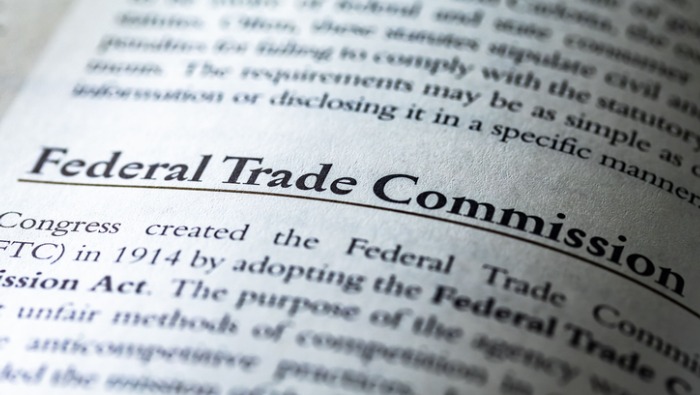On August 20, the U.S. District Court for the Northern District of Texas (Court) struck down the Federal Trade Commission’s (FTC) noncompete agreements ban. This stay affects employers nationwide and eliminates the original rule’s effective date of September 4th, 2024. Recently, the Federal Trade Commission (FTC) issued a final rule banning noncompete agreements in most aspects of employment.
Specifically, the agency believed the noncompete agreements ban would help promote competition between businesses. As a result of eliminating noncompete agreements, the FTC said a worker’s fundamental freedom to change jobs would be protected. Additionally, the agency believed that innovation would increase and new businesses could be formed. Earlier, the FTC approved an amendment to its Safeguards Rule to introduce a data security breach reporting requirement for all covered entities. The FTC also recently partnered with the Department of Labor (DOL) to protect workers against deceptive employment practices involving the main laws all employers should know.
The FTC’s Take on the Noncompete Agreements Ban
Chiefly, the FTC stated that noncompetes are often exploitative practices. Above all, they impose contractual conditions that prevent workers from taking a new job or starting a new business. These types of agreements can also create other significant harms and costs, such as employees being forced to:
- switch to a lower-paying field,
- relocate,
- leave the workforce altogether, or
- defend against expensive litigation.
The Original Projected Outcomes of the Noncompete Agreements Ban Final Rule
Overall, the FTC estimated that banning noncompetes would lead to new business formation growing by 2.7% per year. Subsequently, that would result in more than 8,500 new businesses being created yearly. The rule was also expected to generate higher earnings for workers, with estimated earnings increasing by an additional $524 annually. In like fashion, health care costs were projected to lower by up to $194 billion over the next decade. Finally, the ban on noncompete agreements was expected to increase 17,000 to 29,000 more patents yearly for the next 10 years. Such a rise in that number would identify an increase in overall innovation.
Texas District Court Ruling
Earlier this year, according to Fisher Phillips, a Texas employer, the U.S. Chamber of Commerce, and a handful of other business organizations sued the FTC federally. Specifically, these entities sought an order blocking the noncompete rule from taking effect on September 4 as scheduled. On July 3, the Court initially agreed that the rule was an invalid exercise of the FTC’s power. However, at that time, the decision only blocked the rule as it applied to the parties in the case. Consequently, the Court promised to issue a final ruling by August 30.
In summary, the Texas judge gave two main arguments for striking down the final rule banning noncompete agreements:
- Firstly, the FTC didn’t have the power to issue the rule. This is because Congress only authorized it to issue procedural rules to address unfair methods of competition, not substantive
- Secondly, according to the Court, the rule alone was “arbitrary and capricious.”
Most important for employers, however, is that the Court concluded that the judgment should apply to all employers nationwide.
Employer Takeaways
In conclusion, under the original rule, existing noncompetes for most workers would no longer be enforceable after September 4th, 2024. Now that the rule has been struck down, employers can continue to utilize noncompete agreements as they have in the past. At the same time, the FTC could file an appeal or seek an emergency order. That emergency order would cause the rule to take effect as scheduled. Currently, though, employers do not need to worry about complying with the FTC’s latest rule.

